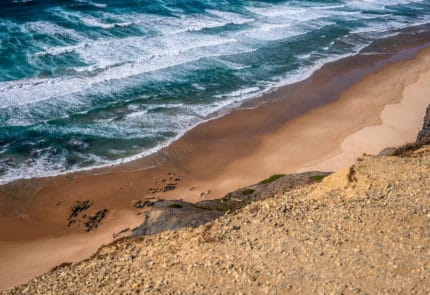International Biodiversity Day
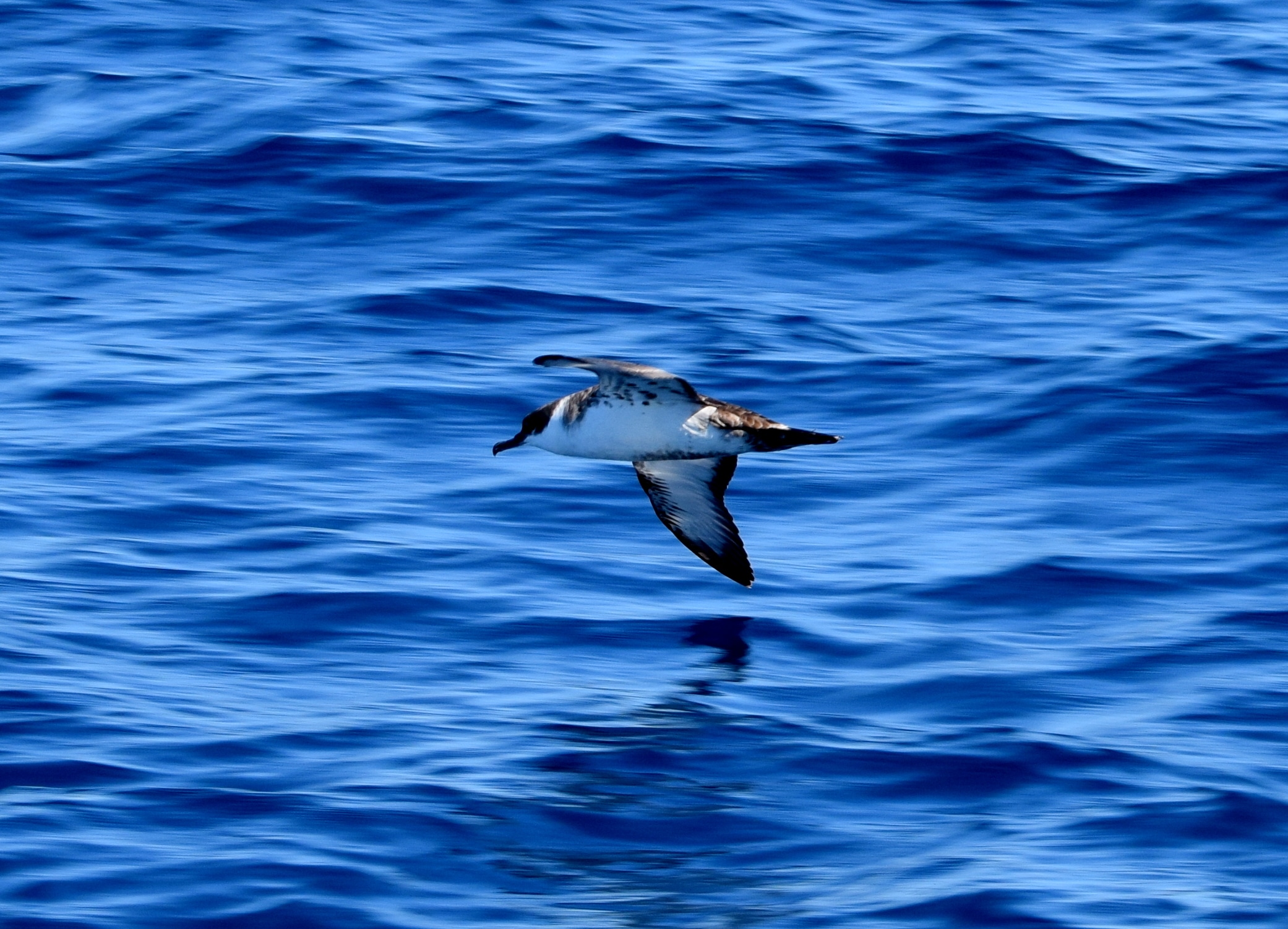
Biodiversity refers to the diversity of organisms and the complex relationships between living beings and between them and the environment.
This web of relationships is a precious asset for the balance of natural ecosystems, being of great economic importance for humanity, particularly with regard to the demanding needs in food production and in the control and treatment of diseases.
A Sustainable Planet rely on Biodiversity
It is the basis of life on the planet and one of the pillars of sustainable development.
The wealth and diversity of life make it possible to “provide services” on which we depend.
Services such as:
- the quality of the water we drink;
- the air we breathe, food, pollination;
- protection against floods, among many other examples;
However, the human species is using more than 50% of the planet’s biocapacity.
Examples of this, such as excessive consumption, an increase in the ecological footprint, population growth and intensive agriculture. Those are the main causes of this event that is becoming increasingly devastating and worrying.
The loss of Biodiversity is increasing, reaching aorund 65% decline in the global populations of mammals, birds, amphibians, reptiles and fish in the last 50 years.
Many of the ecosystems are degraded to the point that they are no longer able to provide their valuable services in their entirety.
Among the main causes that contribute to the loss of biodiversity are the alteration of habitats, the overexploitation of natural resources, the introduction of invasive alien species and climate change.
The disappearance of wetlands, in particular, has an incalculable impact on biodiversity.
Being fragile ecosystems in their own right, highly dependent on regular climate variations. The wetlands are home to countless water-dependent species, with a high biological richness.
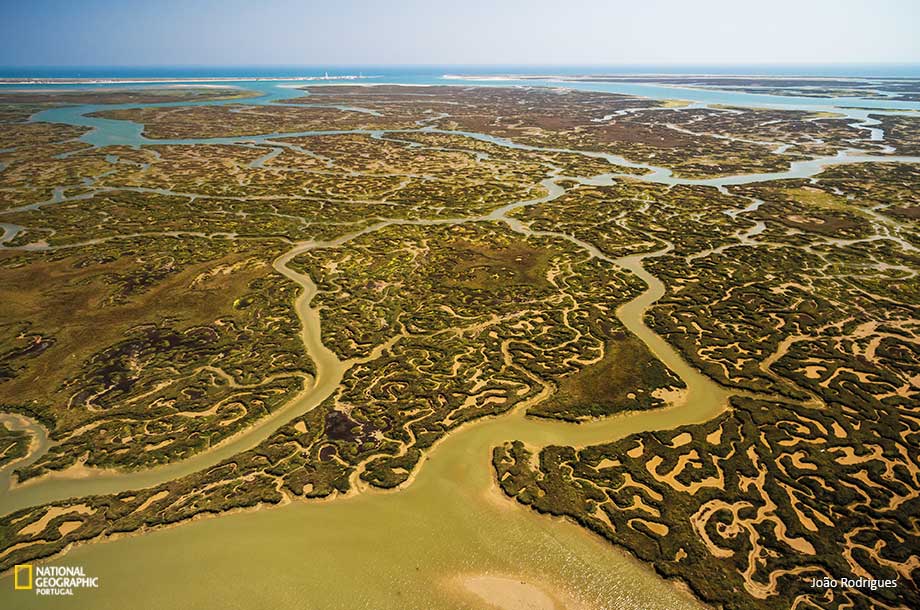
Present in these places, the importance of seagrass meadows and the need to protect them is highlighted. Being currently a new focus and alert of the United Nations.
International Biodiversity Day
Biologically rich and very productive, these ecosystems provide habitat for many species that use them as a refuge and protection, protect the coast from erosion, filter water from pathogens and pollutants and other benefits for local communities.
It is extremely important to maintain the health of seagrass ecosystems, which provide food and livelihoods for millions of people, support rich biodiversity and constitute one of the most efficient carbon reserves on the planet, in combating climate change and sustainable development .
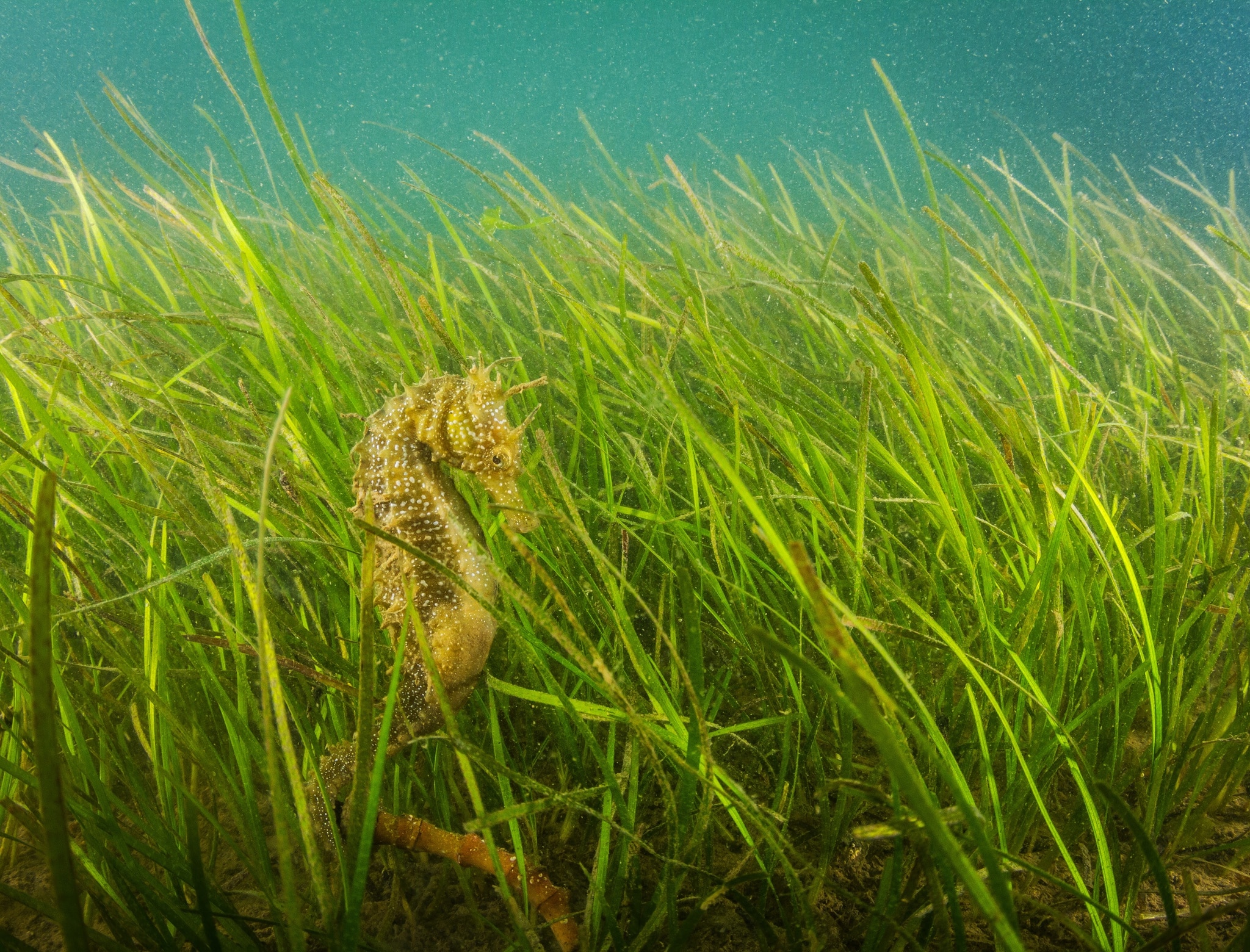
In the south of Portugal, efforts have been made by the Center for Marine Sciences of the University of Algarve. They are attempt to protect these areas of such importance and of great sensitivity to changes.
This research group focuses its studies on the environmental benefits that marine prairies provide. Especially with regard to how they contribute to mitigating climate change through carbon sequestration.
A study carried out in 2001 revealed that the Ria Formosa was the area with the highest density of seahorses (protected and charismatic species) in the world.
However, current studies show a 90% decrease in the last decade, which makes seahorse populations particularly vulnerable to pressure factors.
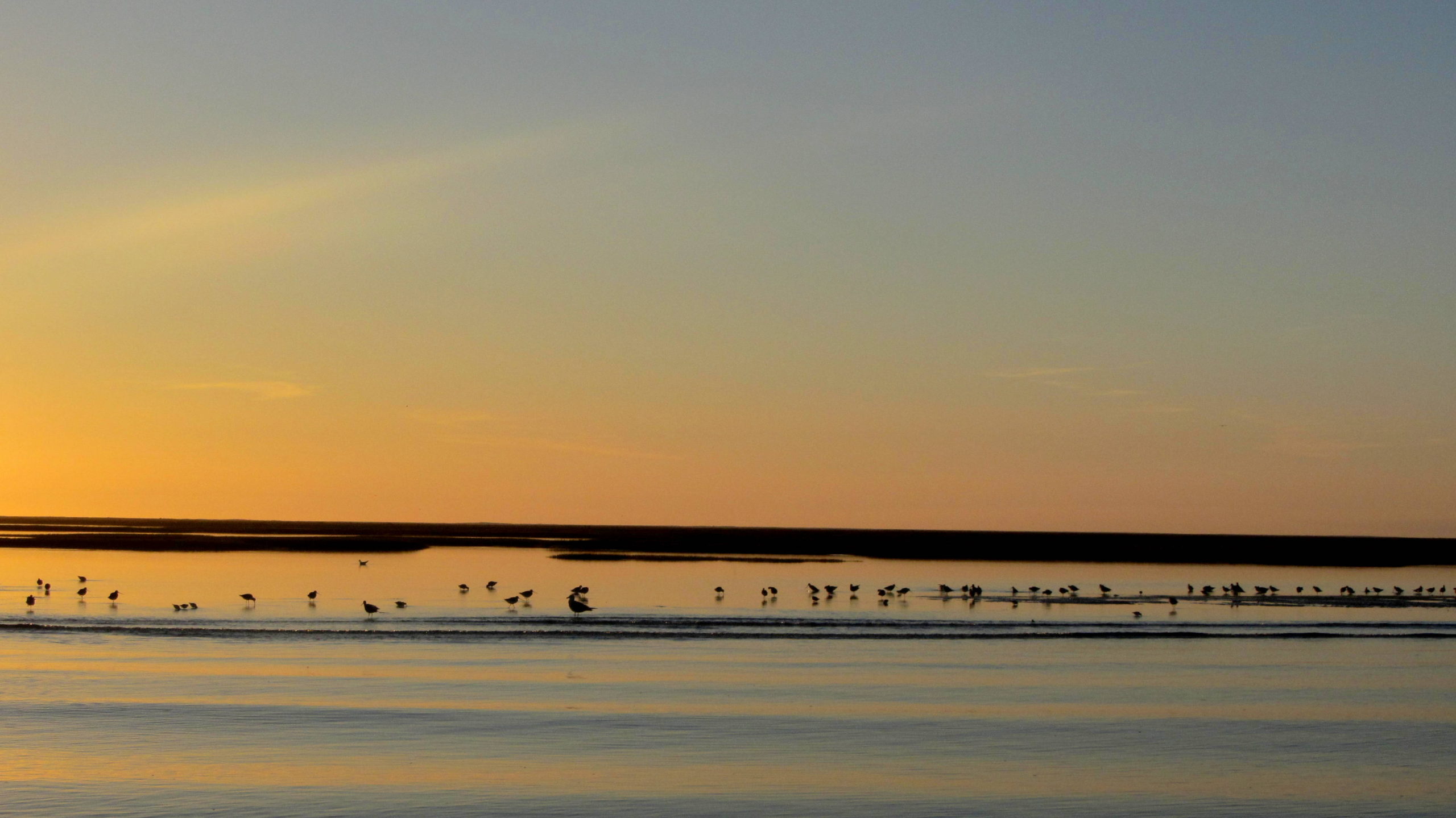
Nowadays, biodiversity and nature conservation have to be seen as an opportunity for certain territories to act to minimize the effects of climate change. The presence of human activities is essential to maintain the values that characterize them.
